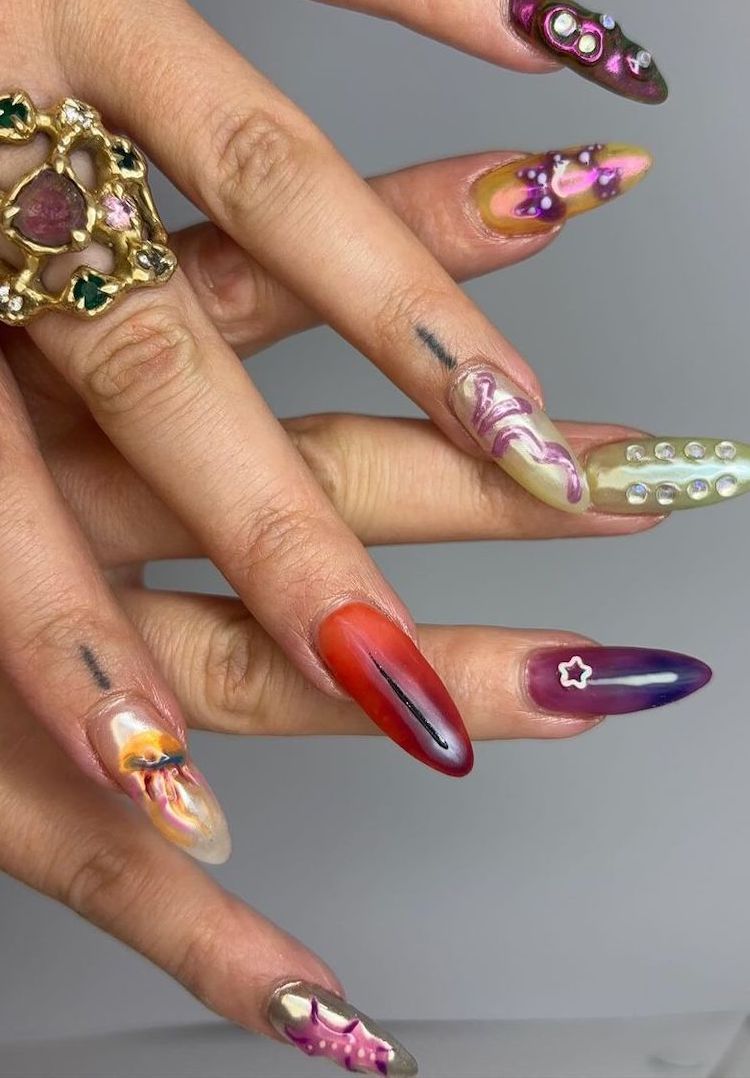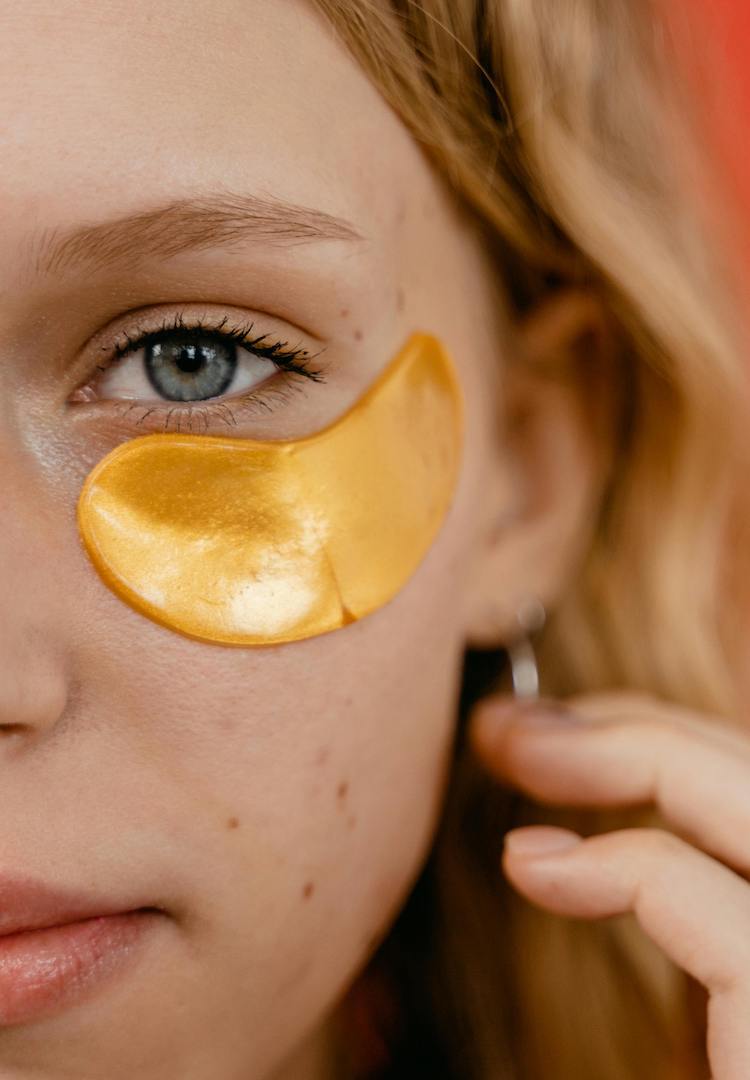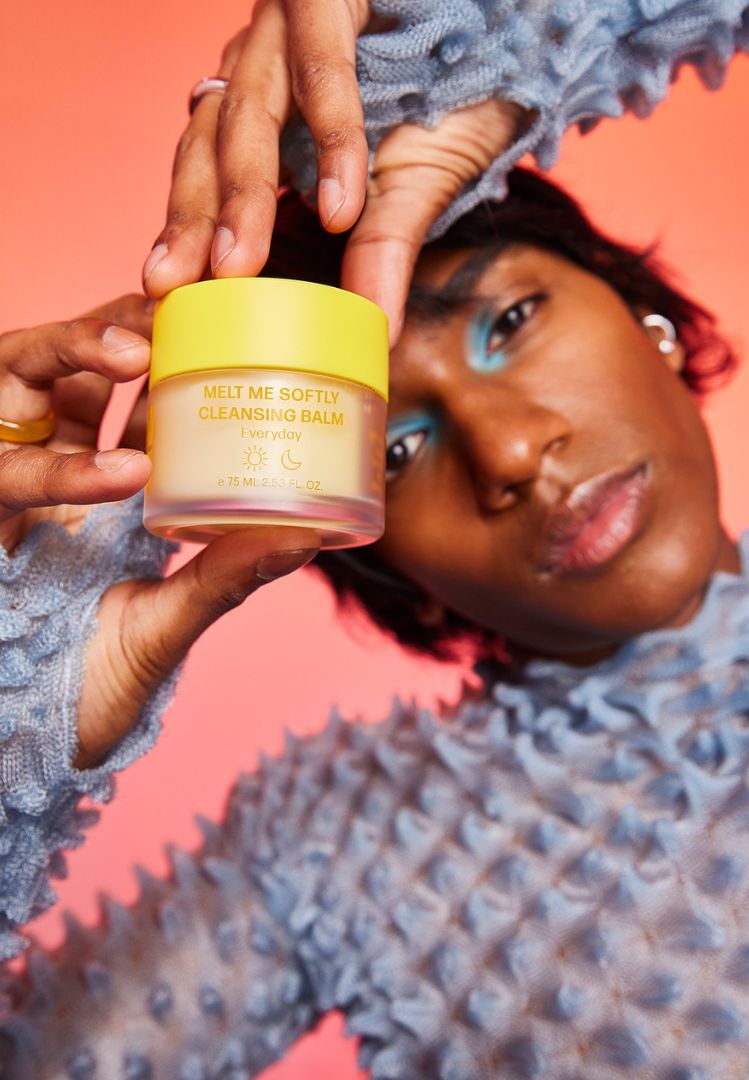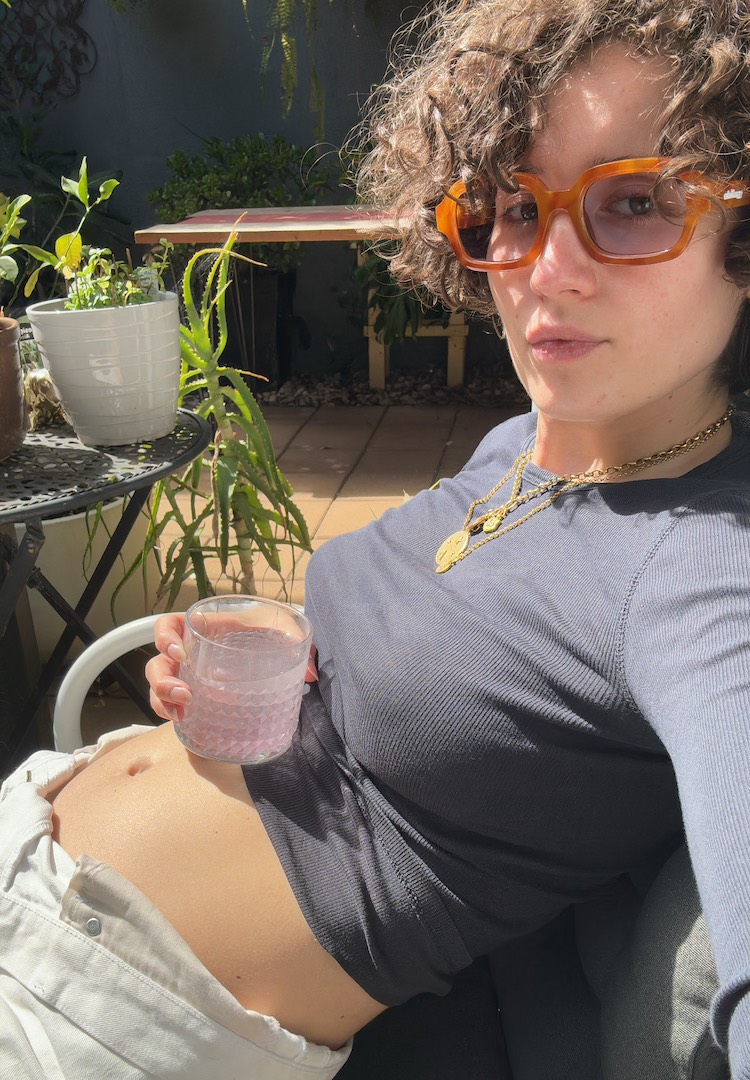The five most effective skincare ingredients, according to a doctor
Words by Carolina Mateus and Dr Lauren Thomas
From someone in the know.
Feel overwhelmed every time a new skincare ingredient starts trending on TikTok? Honestly, same. With a new one popping up every other day – and, of course, promising to be a miracle worker – it can be frustrating trying to pick out which products will help you on your way to healthier, more radiant skin.
We like nosy people. Don’t be shy, head to our Beauty section for more.
So, who better to help us get to the bottom of it than a skincare expert? Below, Dr Lauren Thomas, a doctor at Software, spills the tea on five ingredients you should look out for and explains how they’ll take your skincare journey to the next level.
Retinoids and retinol
The terms ‘retinoids’ and ‘retinol’ sound the same and they’re sometimes used interchangeably. Although they’re derived from the same source – vitamin A – they’re not exactly the same. The main difference between the two lies in their strength and accessibility. Retinoids are the strongest form of vitamin A. They’re active and start working as soon as you apply them, whereas retinol needs to be converted into its active form before it starts doing its magic.
Because they’re stronger, retinoids are only available with a prescription, and before you start using them, a GP or dermatologist needs to advise you on how much and how to use them. Retinol, on the other hand, is available over the counter. Both ingredients promote skin cell turnover and stimulate collagen production, helping to tackle a wide range of skincare concerns, from acne and blackheads to ageing signs, pigmentation and more.
Dr Lauren’s main tip is that you give your skin time to adjust to this new ingredient, rather than ”jumping the gun or thinking your skin can handle it, as it can take longer to get this under control”. Remember, you’ll only experience the benefits of retinoids if your skin can actually tolerate them.
Iron oxide
A relatively new player in the skincare world, “iron oxide protects against blue or visible light, which can come from the sun (including through windows), bright lights (fluorescent), and screens from our computers and phones,” says Dr Lauren.
“Some studies have shown an increase in pigmentation on the side of the face that the smartphone is used to take calls,” which makes this underrated skincare ingredient more relevant than ever.
Usually found in sunscreens, powders and foundations, iron oxide is suitable for all skin types, and it’s a must-have for anyone with melasma or excess pigmentation.
Salicylic acid
Salicylic acid is a type of beta hydroxy acid or BHA. One of its great benefits is that it can penetrate deeper into pores than alpha hydroxy acids – or AHAs – which act on the skin’s surface.
Dr Lauren explains that salicylic acid is “most beneficial for those with acne and congestion, such as seb filaments, blackheads and comedonal acne.” As a chemical exfoliant, salicylic acid helps brighten up the skin and remove dead skin cells in a gentler way than physical exfoliants do.
“Scrubs that exfoliate physically with a gritty texture may cause dryness, irritation and micro-breaks in the skin’s barrier, making it susceptible to allergens, bacteria and irritants,” Dr Lauren explains.
“Plus, they increase the risk of breaking open whiteheads and spreading acne bacteria.” So, it comes as no surprise that chemical exfoliation has largely replaced this type of old-school scrubs.
Ceramides
“Ceramides are fatty acids that act like cement in the skin, keeping the bricks – the skin cells – protected from the impact of the environment,” says Dr Lauren.
“Your body produces ceramides but some people, especially those with eczema, may be lacking them,” she adds. Plus, over time, your skin’s natural ceramide levels drop and can, eventually, become depleted. That’s where topical ceramides come in.
They help lock moisture into your skin and prevent dryness and irritation, ensuring that, when your skin is exposed to aggressors that might dry it out (think sunrays and pollution), the water loss doesn’t happen too quickly. Plus, they give you firmer, plumper skin with fewer visible signs of ageing.
Niacinamide
Niacinamide has an excellent reputation in the skincare world – and for good reason. According to Dr Lauren, it is suitable for all skin types (including sensitive skin) and it doesn’t interact with other ingredients, which makes it super easy to incorporate into your routine and use alongside other products. Plus, as a gentle skincare ingredient, niacinamide is safe to use during pregnancy and breastfeeding.
As for this ingredient’s benefits, Dr Lauren explains that it’s “Good for barrier protection, can boost the body’s production of ceramides and helps with pigmentation, anti-ageing and acne.” Honestly, it does it all!
For advice on building the best skincare routine for your skin, head here.










